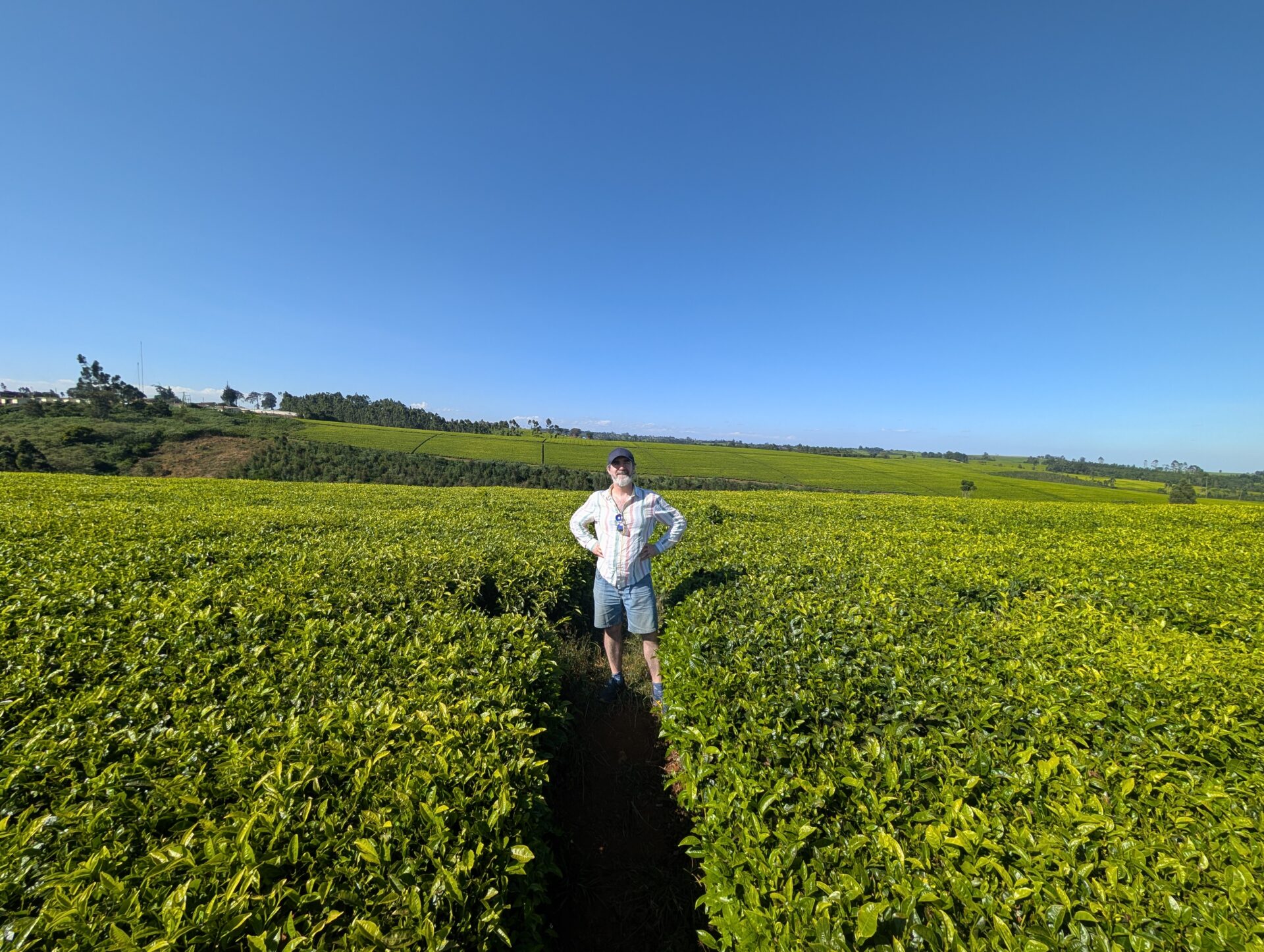Key Takeaways
- Open-source solutions can overcome barriers in the agri-tech sector by providing affordable and adaptable technology for smallholder markets.
- Successful open-source models enhance community engagement and collaboration, lowering costs and fostering innovation.
- The potential for sustainable funding exists through shared investments among stakeholders, promoting growth for local agricultural SMEs.
Challenges in Agri-Tech Innovation
Bernard Wright, with over two decades of experience in technology and sustainability within the agriculture sector, highlights significant hurdles facing agri-tech startups in Africa. A notable incident involved him handing a memory stick filled with vital data to officials, who then expressed the need for manual data entry. This exemplifies how vendor lock-ins and high subscription fees hinder operational efficiency in emerging markets.
Despite promising technological solutions, many startups struggle for survival due to a lack of viable, reliable tools tailored for smallholder farms in Africa. The current reliance on proprietary software creates barriers that perpetuate the underdevelopment of agricultural SMEs, where digitalization is crucial for growth.
The Open-Source Opportunity
The article underscores the advantages of open-source technology in bridging these gaps. Open-source models empower local organizations, providing them control, flexibility, and the ability to adapt tools to their needs. Citing examples from various industries, including AI, it outlines how open-source approaches have historically driven innovation at a lower cost and with faster development cycles.
Tools like Odoo Community and AgriOS exemplify the promise of open-source software. AgriOS is specifically designed for less-resourced agri SMEs and co-ops, offering a subscription-free platform focused on adoption rather than technical superiority.
Funding and Community Building Challenges
Despite the clear advantages, funding open-source projects poses challenges. Long-term sustainability often depends on community support, pooled resources, and backing from commercial interests that can afford additional features and tools. The collaborative nature of open-source demands belief in shared goals and the gradual development of trust among diverse stakeholders.
Efforts to foster community around AgriOS involve providing training and resources, encouraging cross-collaboration, and prioritizing interoperability with other tools. Building a vibrant user community is critical; success will depend on shared commitment and clear documentation.
A Vision for the Future
The potential for an open-source future in agri-tech is promising. Acknowledging existing failures, the article argues that the demand for appropriate solutions is real and must be met through collaborative efforts beyond proprietary models. By working together, stakeholders can address big challenges that no single entity can overcome alone.
To realize a sustainable agri-tech ecosystem, it is essential to focus on shared ownership and develop frameworks that promote accurate and scalable solutions. The journey starts now, creating pathways for tailored technology to uplift under-resourced agricultural communities.
The content above is a summary. For more details, see the source article.















